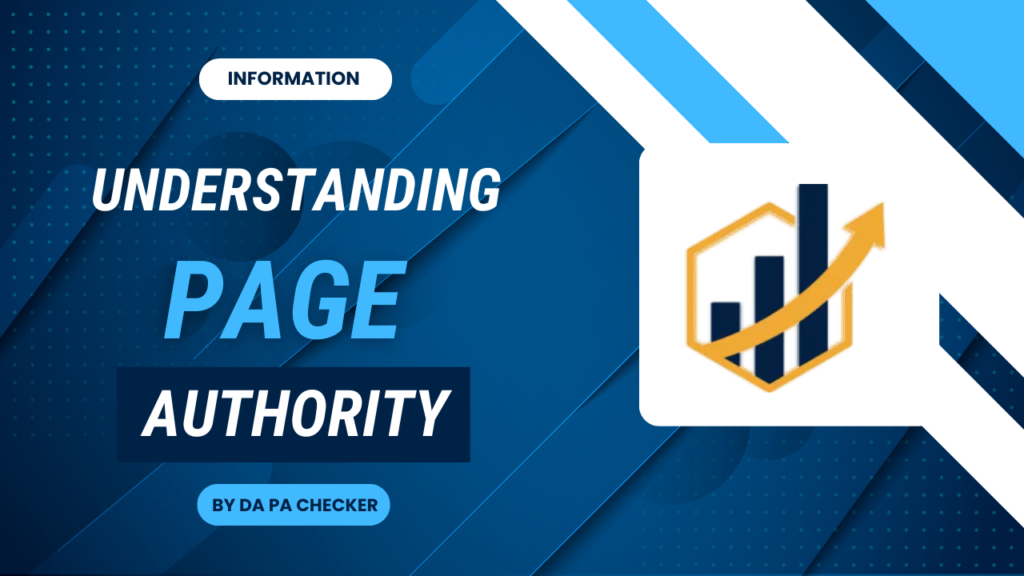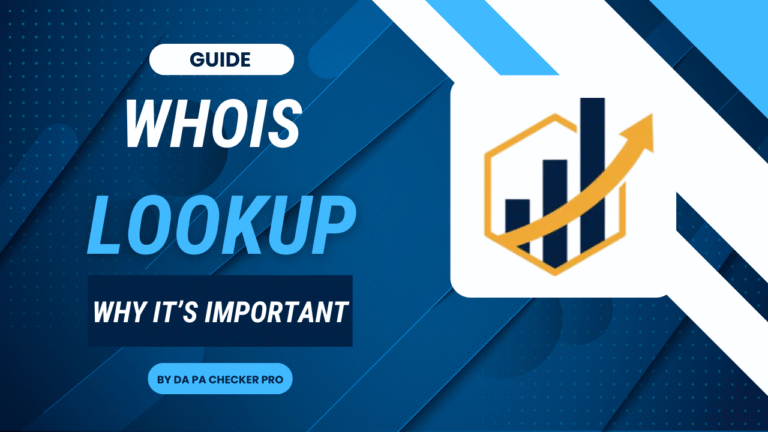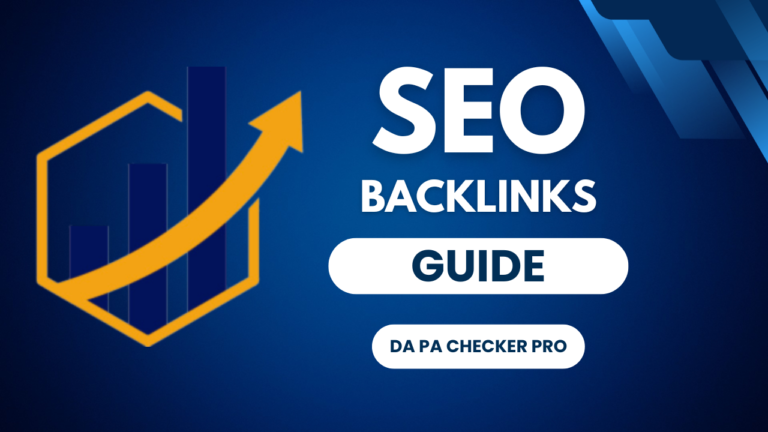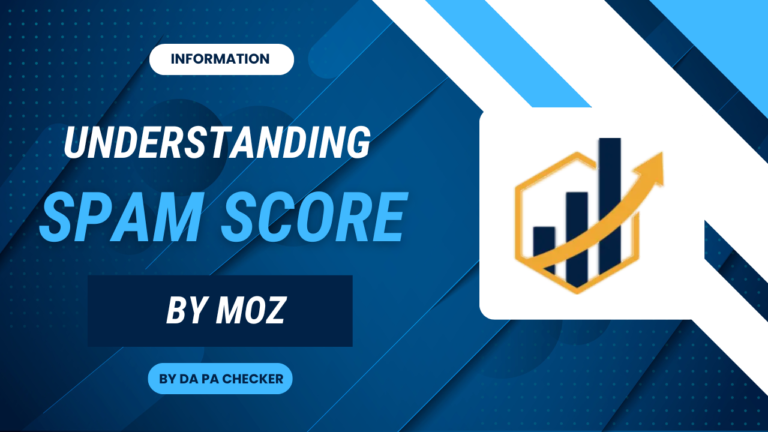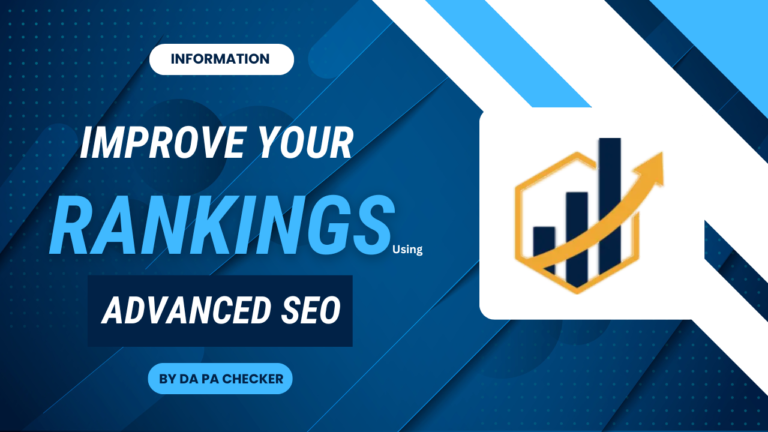Page authority (PA) is a critical metric in the world of search engine optimization (SEO), yet it’s often misunderstood. For website owners and digital marketers, understanding page authority can be a game-changer in improving search rankings. In this article, we’ll delve into what page authority is, how it works, and the ways it can influence your website’s visibility on search engines like Google.
What is Page Authority?
Page Authority is a score developed by Moz, a well-known SEO tool provider, to predict how well a specific page will rank on search engine results pages (SERPs). The score ranges from 1 to 100, with higher scores indicating a greater likelihood of ranking well.
PA is calculated using various factors, including:
- Link Profile: The quality and quantity of backlinks pointing to the page.
- Content Quality: The relevance and depth of the page’s content.
- Domain Authority: The overall authority of the domain hosting the page.
- SEO Best Practices: Proper use of on-page SEO elements like titles, meta descriptions, and internal links.
It’s important to note that while Google doesn’t use Page Authority directly in its ranking algorithms, it’s a reliable third-party metric that gives insights into the ranking potential of a page.
How Does Page Authority Affect Your Rankings?
While PA isn’t a Google ranking factor, its components significantly overlap with the criteria search engines use to rank content. Here’s how PA indirectly impacts your website’s ranking:
1. Backlink Quality and Quantity
Pages with a strong link profile tend to have higher PA scores. High-quality backlinks from authoritative websites enhance your page’s credibility in the eyes of search engines. Tools like DA PA Checker can help you analyze your backlink profile and understand your page’s current authority score.
2. Improved User Experience (UX)
A well-optimized page with engaging and helpful content often has a higher PA. Search engines reward such pages by ranking them higher, as they meet user intent effectively.
3. Domain Authority Connection
Pages on websites with high Domain Authority (DA) benefit from the credibility of the overall domain. For example, an authoritative website like Backlinko shares valuable insights on improving SEO strategies, which can indirectly help in increasing PA (read more here).
4. Competitor Benchmarking
Knowing your PA score allows you to compare your pages with competitors targeting the same keywords. It provides actionable insights to improve your SEO strategy and close ranking gaps.
How to Improve Page Authority
Achieving a higher PA score is a gradual process that requires consistent effort in various areas of SEO. Here are some actionable tips:
1. Build High-Quality Backlinks
Focus on earning backlinks from trusted, authoritative websites in your niche. Guest posting, collaborations, and creating shareable content like infographics can help you secure valuable links.
2. Create Exceptional Content
Google emphasizes content quality, and so does Page Authority. Create in-depth, well-researched, and original content that provides real value to your readers. Ensure your content answers user queries comprehensively.
3. Optimize On-Page SEO
- Use descriptive and keyword-optimized titles and meta tags.
- Structure your content with proper headings (H1, H2, etc.).
- Use internal linking to guide users to related pages on your site.
4. Improve Page Loading Speed
Faster pages offer a better user experience and reduce bounce rates, positively influencing your PA and rankings. Use tools like Google’s PageSpeed Insights to identify areas for improvement.
5. Monitor and Update Regularly
SEO is dynamic. Regularly update your content to keep it relevant and accurate. Use tools like Moz, Ahrefs, or Semrush to track your PA score and identify areas needing improvement.
Why Does Page Authority Matter?
Page Authority matters because it’s a reliable indicator of a page’s ability to rank in search results. By focusing on improving PA, you naturally adopt practices that align with Google’s ranking algorithms, such as creating high-quality content and building authoritative backlinks.
For instance, a page with a high PA score is more likely to outrank a competitor’s page with lower PA when targeting the same keyword. However, it’s crucial to remember that PA is just one of many tools in the SEO toolbox.
Conclusion
Page Authority serves as a valuable metric for assessing and enhancing your website’s SEO performance. While it’s not a direct ranking factor, its components closely align with Google’s ranking criteria, making it an essential focus for any SEO strategy. By consistently optimizing your content, building strong backlinks, and monitoring performance, you can improve your PA and boost your website’s search rankings.
For more tools to analyze your domain and page authority, visit DA PA Checker. Start improving your website’s authority and visibility today!

